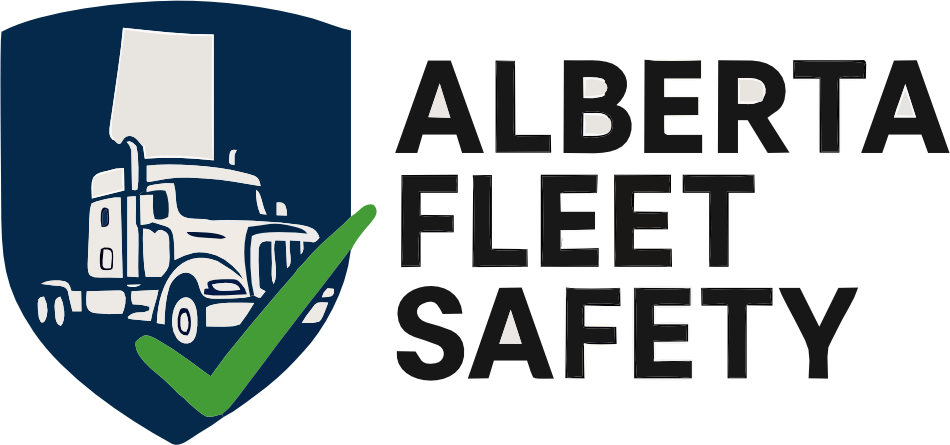
The International Registration Plan (IRP) is a reciprocity agreement between the United States, the District of Columbia and Canada that recognizes the registration of commercial motor vehicles issued by other jurisdictions. Motor carriers register with and pay fees to their jurisdiction.
The prorate fees are based on the percentage of the total distance travelled in each IRP jurisdiction, according to that jurisdiction’s fee schedule. These fees are then distributed to the appropriate jurisdictions.
Prorate services include:
Once the pro rate is registered you then take the fee notice to a Registry Agent office for
IFTA is a multi-jurisdictional fuel tax agreement among member jurisdictions to simplify the reporting of fuel taxes.
The minimum registered gross vehicle weight (GVW) requirement to register under IFTA is 11,797 kilograms or a unit with three or more axles, regardless of weight.
Carriers have two choices when it comes to Fuel Tax. The carrier can either purchase fuel permits each time they wish to travel to other jurisdictions, or they can enroll in the IFTA program.
The carrier then keeps track of the kms and the litres of fuel purchased in each jurisdiction that they travel into for each registered Unit and submits the information to our office to file quarterly. (March 31, June 30, September 30, and December 31)
IFTA Services include:
All carriers (who hold SFC Certificates) are required to have a written Safety & Maintenance program. These policies are regarding the safe operation of a commercial vehicle and retention of certain documents.
Specific policies are required to be stated in writing which include but are not limited to
The drivers and safety managers are required to be familiar with the program and comply with the policies within it.
Carriers in Alberta and Canada are required to comply with logbook compliance and monitoring under the Federal Commercial Vehicle Drivers Hours of Service Regulations, 2005 and the Provincial Drivers’ Hours of Service Regulation (AR 317/2002). Specifically, Section 87(1) of the federal regulations requires carriers to monitor driver compliance. Provincial regulations like AR 317/2002, Sections 3 and 16, also mandate logbook maintenance.
They must:
All carriers that have drivers who are authorized to drive NSC vehicles must review their driver logs for the following:
Albertafleetsafety© 2025